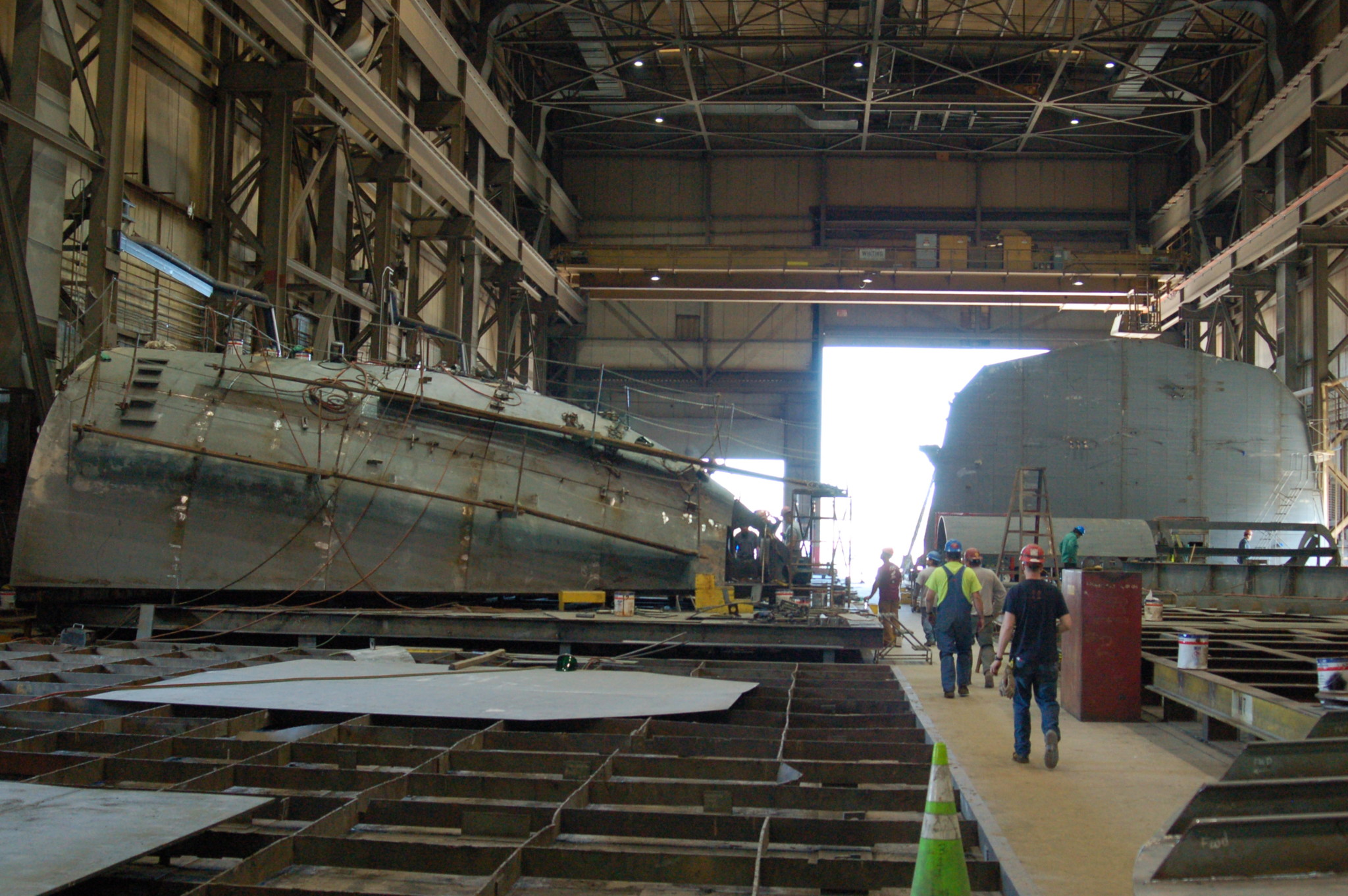The ever-perplexing problem of filling shipyards with dependable workers was on the minds of several speakers during the International WorkBoat Show’s Shipyard Program last week in New Orleans.
Some shipyards have trouble attracting young people and keeping them in the industry. Shipyards are usually not seen as a “cool” place to work. Shipyard officials say it's frustrating when you recruit a worker, spend the money to train him or her, then have that person move on to another yard or industry.
Todd Thayse, vice president and general manager, Fincantieri Bay Shipbuilding, Sturgeon Bay, Wis., told the audience that it’s getting more difficult to recruit and retain than in the past. “Recruiting and retaining qualified workers takes dedicated people,” he said. “We’re competing in a limited talent pool.”
Thayse said his yard uses all the approaches industry has used for years such as partnering with high schools, community colleges and technical schools, but the same problems remain. “Maybe our recruiting is outdated,” he said. “Are we doing enough? Maybe it’s time to change the look of our recruiting process.”
Some of the problems have to do with layoffs. When backlogs shrink or disappear, yard owners have to lay people off. Younger people leave the yard and go elsewhere, sometimes out of the industry completely.
Ryan Lee, workforce development manager, Austal USA, Mobile, Ala., said his yard started small but landed the Navy contracts for the design and construction of one of the littoral combat ships (LCS) and expeditionary fast transports (EPF).
Austal currently has over 4,000 employees, an impossible task without the help of the city of Mobile and the state of Alabama, among others. “To win workforce development, we need partners,” he said.
Lee suggested that recruitment begin with kids’ parents, much like college sports recruits. Austal has a youth apprenticeship program that brings teenagers as young as 16-18 to the yard for hands-on experience. “For instance, we let them use power tools,” he said.
Richard Schwarz, CEO, Safe Boats International, Bremerton, Wash., said an aging workforce is more his concern. “We have fewer than 300 workers but have many of the same concerns as Austal and everybody else,” he said, “but for us it’s more an aging workforce — keeping them healthy, keeping them safe, keeping them working.”




